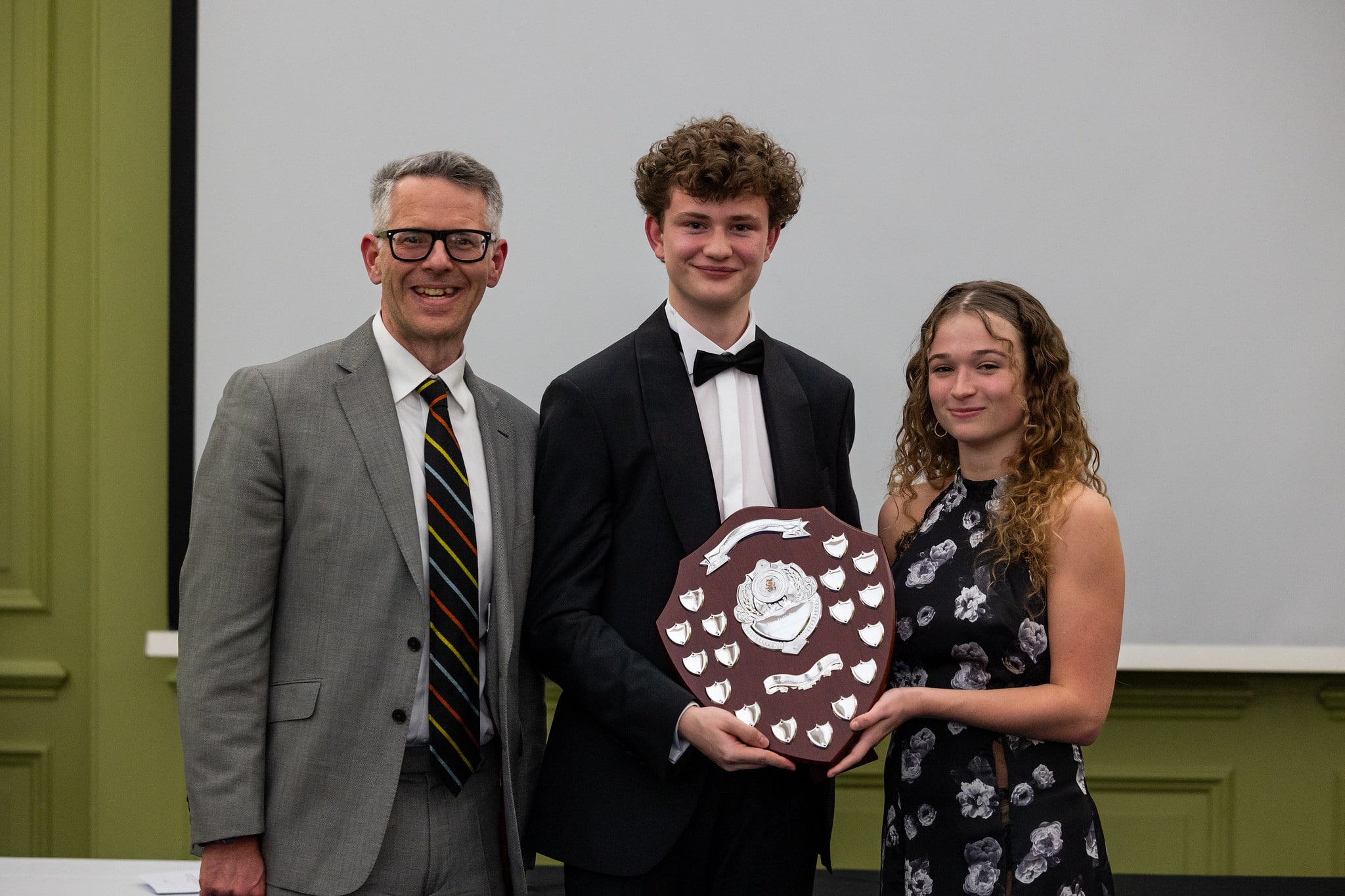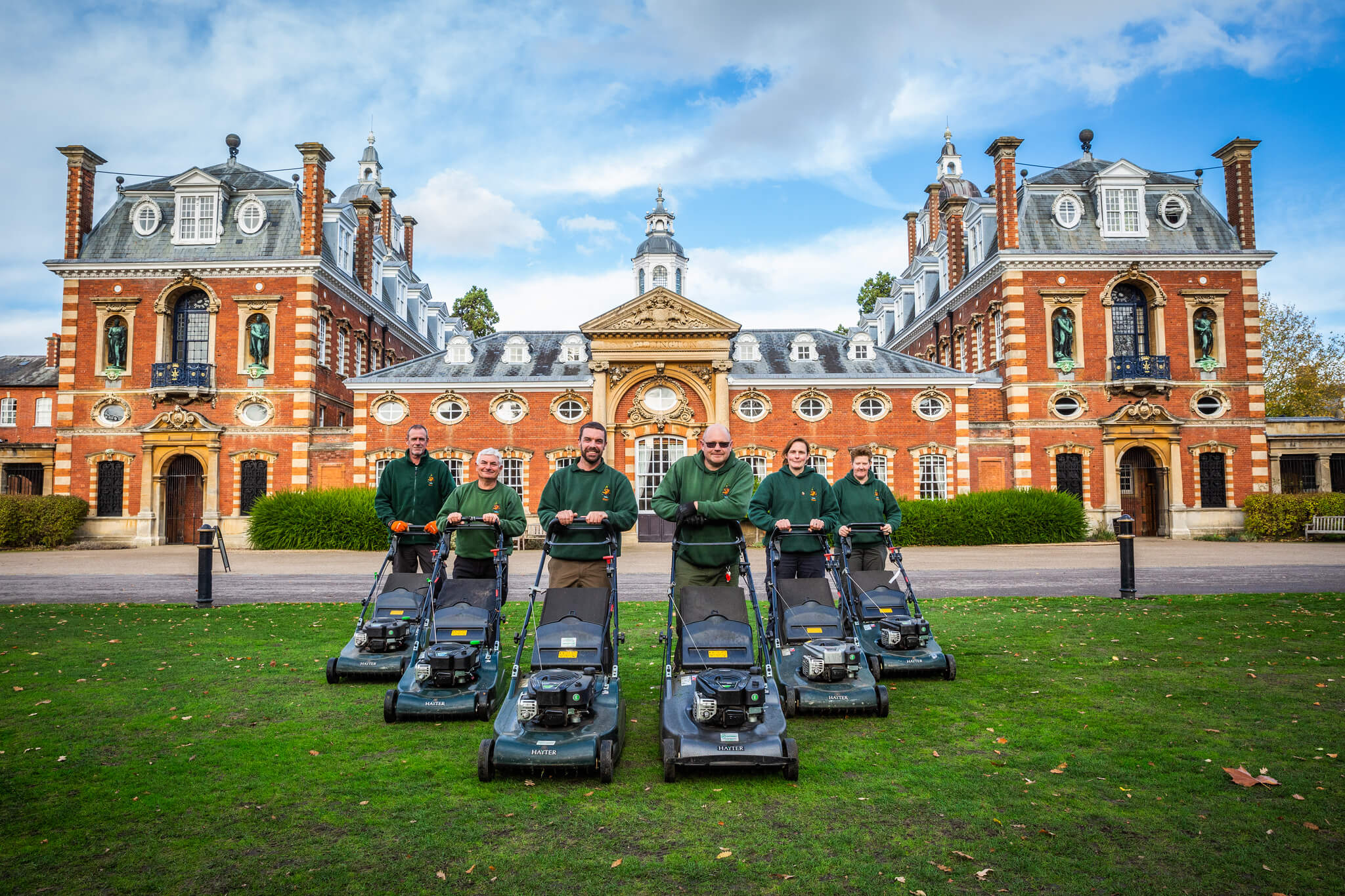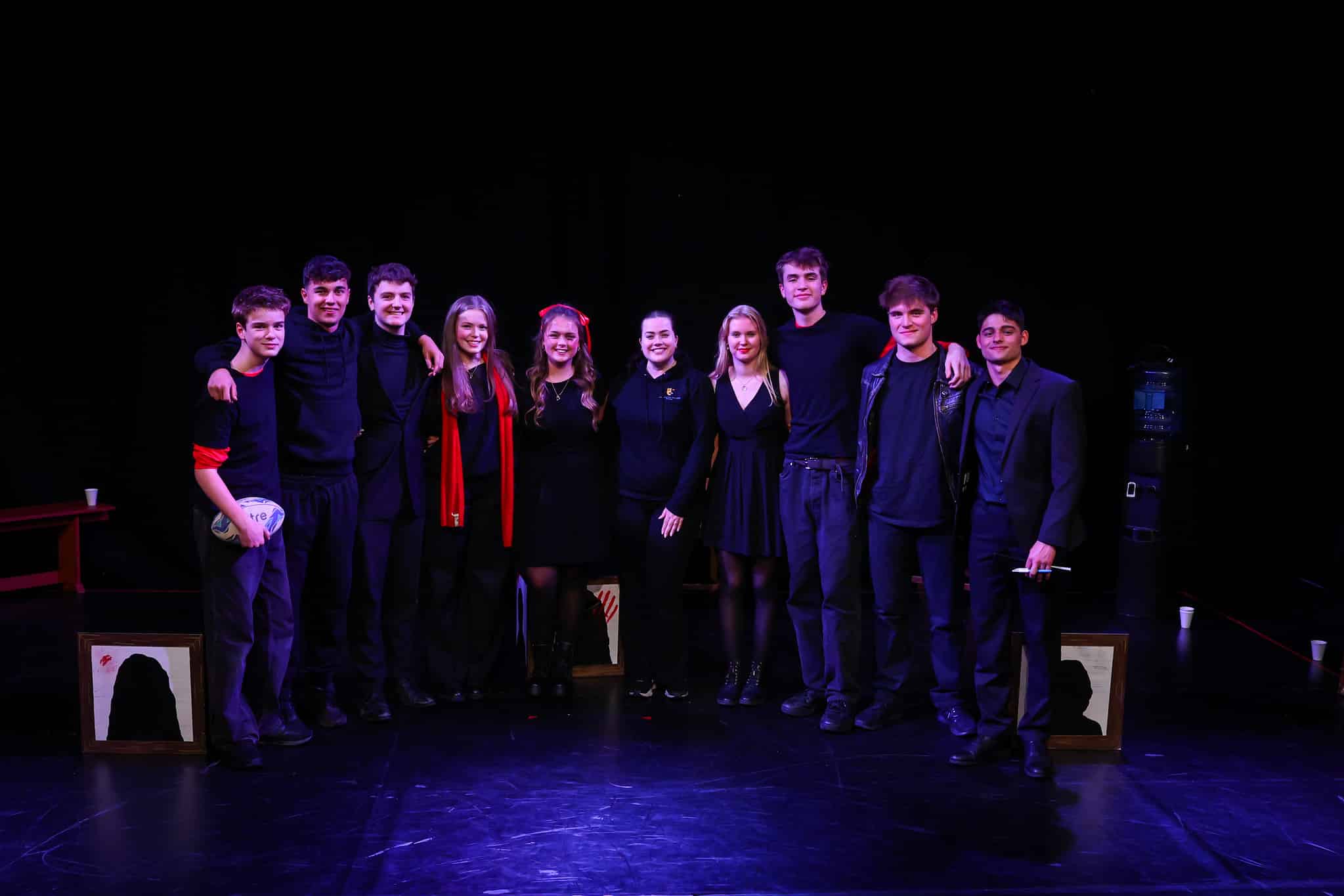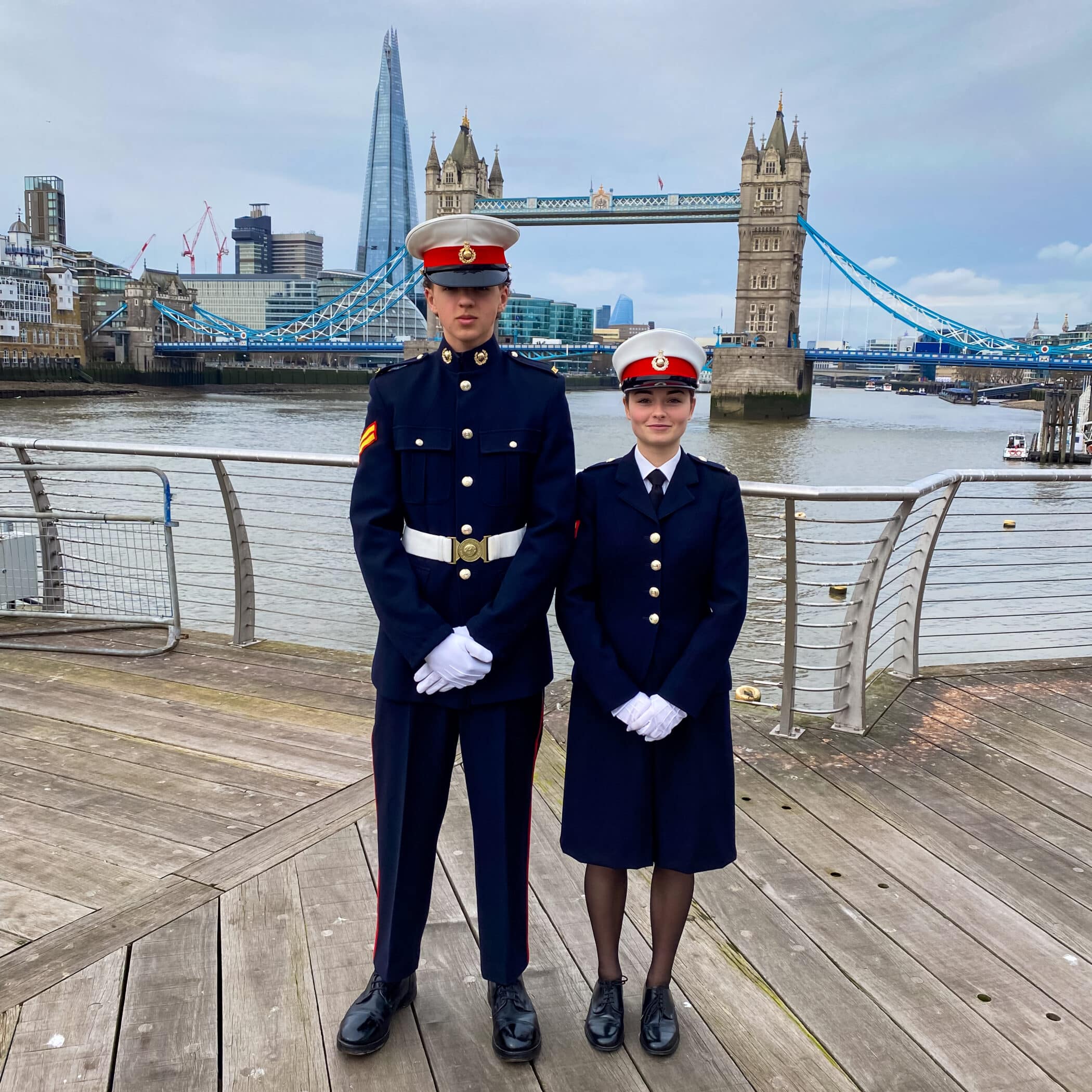
Wellington College sits on a 410-acre site and, with a huge variety of habitats and landscapes, sports fields, a golf course, formal gardens, lakes, woodlands, heathland areas, all of which require completely different management techniques, the gardeners have their work cut out. We talk to Head Gardener, Mark Dodd, about the peaks and troughs of the gardening year at Wellington.
What do you enjoy most about your job?
I think it is the variety, as much as anything. The nature of the site means that there are different focal points through the year. We work on a lot of the formal lawns and formal gardens through the quads and into College Garden and the boarding house gardens from March through to September to keep them looking their best, then we’ve got the Chelsea Flower Show garden – the Living Legacy Garden – so we’ll be working in the main hub of the College. Then, in winter we’re up onto the heath doing some of the heathland management with the SSSI (Site of Special Scientific Interest), which we manage with Natural England. So that gives us plenty of variety and a chance for the team to use a huge range of skills. With gardening, there are always two sides: you’ve got that immediate impact – planting a new border or even just cutting a lawn or a hedge and instantly you can look back at it – and then you’ve got something like planting bulbs which you’re not going to see for three, four, five months – that aspect of it is really satisfying as well.
How many gardeners are there in the team?
We’re a team of six. We’ve got a huge range of different roles – we’ve got some incredibly good machine operators, some very skilled gardeners and some pure horticultural gardeners, so between us we cover every aspect of what we need.
What are the most challenging aspects of your work?
I think it’s working around the College day, particularly through the summer with exam time, revision time, where we can and can’t work. It came as a bit of a shock to me that apparently exam results are more important than how stripy a lawn is. Of course, that’s how it has to be, and our working day is tailored around the students as much as we can. We’ve changed machinery where possible to battery-powered equipment so that it’s quieter, but we still have to be aware that the reason we are doing what we are doing is because the students are here, and we have to make sure that we can work around them.
What is your favourite part of the campus?
I like the formal areas – the Living Legacy Garden, for example. When I first started here that was in the process of being constructed and so I saw that through from breaking ground to completion. Also, it has been really interesting to be involved with the new G.W. Annenberg Performing Arts Centre and in creating the landscaping around that. On the opposite side, it’s about maintaining existing landscape so some of the woodland management we do, the heathland management where we are trying to restore old heather, encouraging new growth for wildlife and then seeing the benefits of that. And when we had the heath reclassified by Natural England as being ‘regenerated heather’ rather than ‘old heather’ as an official status – that was quite a big moment for us, so we were pretty pleased with that.
Tell us about the SSSI?
SSSI means ‘Site of Special Scientific Interest’. It means that the site has to be managed in certain ways. We’ve got a bog area up there which has got a lot of rare mosses and liverworts and sundews. Lowland heath is incredibly rare, especially in the south of England. 80% of the lowland heath in the country is in southern England, so it’s really key that we maintain it properly and encourage ground-nesting birds and so on.
Are there opportunities for students to be involved?
We work a lot with the students through their Global Citizenship Programme, and pretty much all the opportunities are linked to the wider College site so it’s about maintaining the biodiversity of the site. Students have been involved with making nest boxes, hedgehog homes, bat boxes, going to the heathland to help cut back trees – it’s great when you see students having a competition about who can cut down the biggest tree with a hand-saw and then they realise they have to tow it away as well as fell it. We’ve got some Sixth Form students doing a survey of all the fauna on the site; we’ve been taking crayfish out of the lakes to bring the lakes back to equilibrium. I am a trustee of Circle Hill Woods, through Crowthorne Parish Council, so a lot of our projects go to help the wider community – some of the insect homes, bat boxes and hedgehog houses have gone up there. We also give talks and tours to local horticultural groups, so they can see the work we do.
Are there any hidden gems on the site?
The College Garden – there are very few people who see College Garden. You can barely see the College from there and, unless the bell chimes when you’re in there, you can forget where you are and it’s a lovely spot to go. In the summer it is absolutely glorious. It’s a little world of its own. Would you recommend gardening as a career? Definitely! There are so many benefits. It is a really satisfying job. Yes, there are down-sides – when it’s -6o outside, when you’re soaking wet and you’ve been wet all day, and you’ve got another six hours to go, and you’re chasing leaves around because it’s blowing a gale. But then, in the middle of May, you’re gearing up for Speech Day and there is a real buzz about the place – everyone is excited, the sun is shining, everything is coming into full bloom. May is when we see Wellington at its best. That’s the time. It’s a May site. May is fantastic!
What impact does gardening have on mental health and wellbeing?
It’s huge. Gardening is recognised as being very important to mental health. There is something about getting your hands dirty, getting stuck in to stuff – you feel you are making a difference. It’s very calming and you can get yourself away from anything… it’s quite difficult to describe. It’s almost spiritual in a way. You’re looking after a tree that has been here for three or four hundred years and it makes you reflect; it puts things into perspective.









